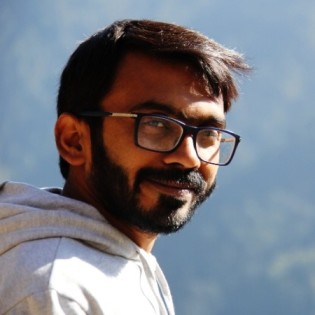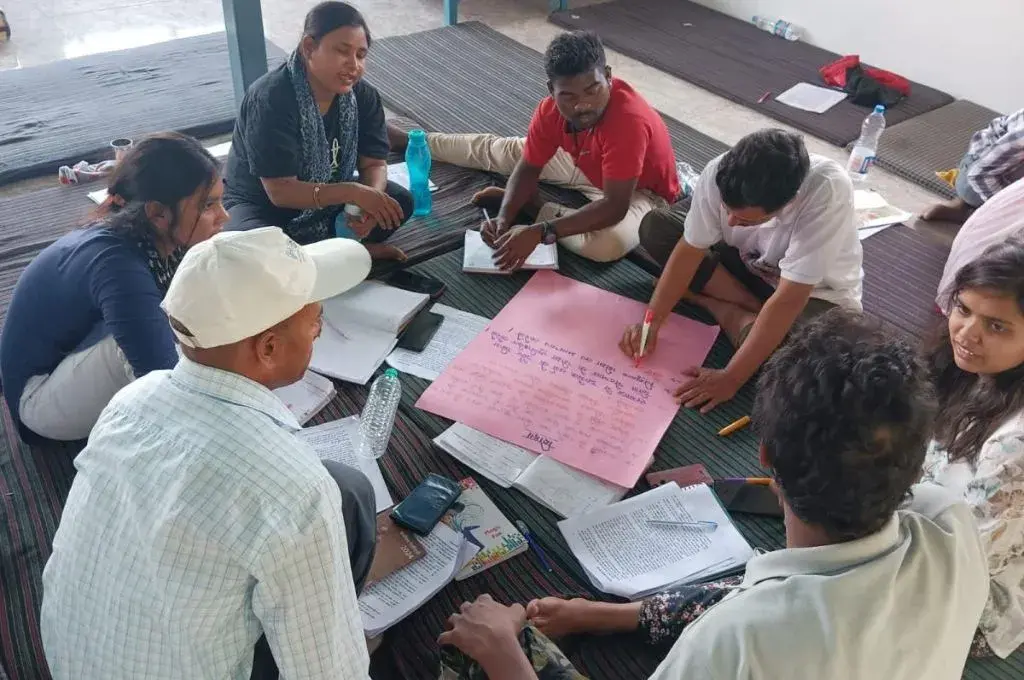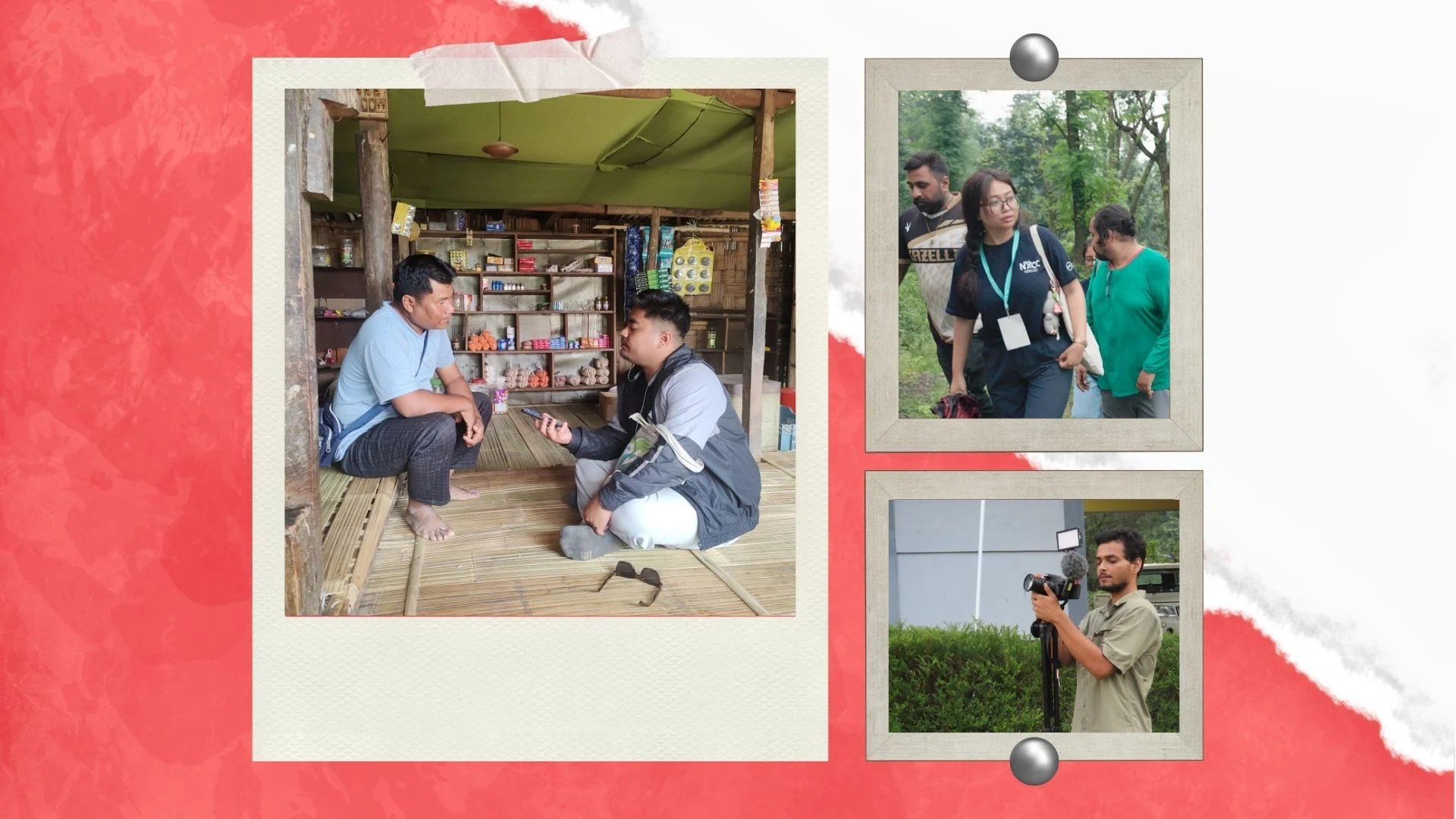In the summer of 2018, one year after my co-founder Jigyasa and I had officially registered our organisation Slam Out Loud (SOL) as a nonprofit, we found ourselves in a situation that forced us to rethink and restructure how we approach our work.
Setting the scene
The primary objective with which SOL was founded was to facilitate a future where children, no matter who they are or where they come from, have the opportunity to find their voice. By leveraging the power of art forms like storytelling, poetry, visual art, and theatre, we work towards fostering ‘creative confidence’ skills such as communication, empathy, collaboration, and self-esteem in children from vulnerable communities. With this clear mission in our minds, Jigyasa and I began with something of a flourish, starting two projects with separate objectives—the Jijivisha Fellowship (which brought professional artists into low-income classrooms for art-based learning interventions) and Voice for All (which aimed at building art-based self-learning resources for children in rural India). These projects were the lifeblood of our organisation in its early days and we devoted all our resources to them.
Listen to this article instead.
Simultaneously, both Jigyasa and I were passionate about bringing about change in the Kashmir Valley. A Kashmiri herself, and having interned in Srinagar a few years prior, Jigyasa strongly felt that children in Jammu and Kashmir could benefit from an art-based intervention. The valley has been an epicentre of violence and conflict since time immemorial, and we believed our organisation could make a difference. With this in mind, we began to envision an intervention that would engage community youth artists to work with children, towards building socio-emotional learning and conflict management skills.
At the time of this envisioning, our organisation had two active programmes, and, being relatively new still, we were trying to meet other deadlines such as applying for our 12A and 80G certificates which would give us the benefits of tax exemption. In addition, both Jigyasa and I were part of an incubation programme where we were learning the nuances of setting up an organisation. To say there was a lot going on would be an understatement.
Nevertheless, we were hopeful and driven to create a story of change for children in the conflict-ridden valley. So, in the summer of 2018, Jigyasa travelled to Kashmir to submit our proposal to the education body.
The stumbling blocks
When we pitched our idea to the government, we had done so via our one contact in the Sarva Shiksha Abhiyan in Kashmir. This contact was our only point of contact in the state, and they were a high ranking official in the government. This was the first mistake we made.
A few weeks after submitting our proposal, the education body responded positively. However, by the time they gave us a timeline for the work, we were already stretching ourselves terribly thin. Physical distance (our office was based in Delhi at that time), poor distribution of work (amongst existing projects and deadlines), and the leanness of our team (four permanent employees and a few interns) further compounded our troubles.
During this time, we were trying to form on-ground relationships with community members in Kashmir but kept coming up short.
During this time, we were trying to form on-ground relationships with community members in Kashmir but kept coming up short—primarily because the same people travelling back and forth from the Valley also had to set up day-to-day systems, run our ongoing programmes, and do the compliance work for government certificates. To complicate matters further, our timelines for the Kashmir intervention coincided with the scaling of the Voice for All programme (from 1,500 to 50,000 children) and the recruitment and induction period for the Jijivisha Fellowship.
Needless to say, we were stretched very thin. Our work timetables became immensely chaotic, resulting us being burnt out and unable to focus on the things that needed the most attention, both in Kashmir and in Delhi.

Losing the project in Kashmir
Whilst our team gave it our best, we still did not have the capacity to be in all places at once. There were certain paperwork requirements that were integral to this project moving forward, and oversaturation and carelessness led us to miss the deadline to submit them. This happened in tandem with our point of contact in the state being transferred, and we paid dearly for not cultivating a professional relationship with other authority figures.
To make matters worse, we hadn’t yet managed to form meaningful relationships with the community, as a result of which we were unaware of the wants and needs of the people that we were trying to bring this intervention to.
In the end, we had appeared unreliable, disorganised, and possibly unmotivated—all of which was very far from how we intended to approach this project.
The combination of these factors resulted in us losing the interest of the education body in Kashmir, and subsequently the contract for our work. In the end, we had appeared unreliable, disorganised, and possibly unmotivated—all of which was very far from how we intended to approach this project. In fact, in an attempt to please all stakeholders, ready to grab at whatever they offered us, we came across as an organisation that does not take its own vision seriously.
A month down the line, when we reached out to make amends, the education body had already closed their partnerships for the year. Perhaps there is some truth to the saying that first impressions are always the last. Because no matter how much we followed up later, we never received a response from the government body.
Losing the contract meant that we could not be a part of a programme that was very close to our hearts, and that we had envisioned since the inception of our organisation. Coming to terms with this was perhaps the toughest phase we had to go through as a team, with Jigyasa and I constantly looking back on how things could have been different.
What we learned
It has been more than two years since this event played out and till date, we have been unable to salvage a relationship that was crucial to achieving our vision. While SOL has grown since then, we revisit this story and the lessons it left us with. The key learnings from this experience that we reiterate to ourselves often are:
- As leaders in an organisation, we must pause to take stock of what is at-hand before making further commitments. This also means learning the art of forecasting what existing programmes will look like in the future once they are running in full force. It’s also vital that time between tasks is distributed effectively in order to reach an optimal level of efficiency.
- Our experience with attempting to launch a programme in Kashmir taught us the necessity for transparent communication with existing or potential partners. Thinking back, we realise how hiccups and setbacks are part and parcel of any professional space. They translate into dire mistakes only when one is unable to clearly communicate them.
- We also learnt about the importance of forming on-ground relationships. Actively involved stakeholders who resonate with your cause can be the difference between success or disappointment. In addition, while authorities may support us in smoothly executing programmes, to understand what a community really requires, social changemakers must get involved and spark a conversation.
The experiences, whilst being heartbreaking, taught us some very valuable lessons which have in turn enabled us to continue our work towards serving the purpose of amplifying children’s voices. And while this may not be the first or the last failure that we as an organisation will grapple with; it has shown us the power of making meaning out of failures.
This article was published with UnLtd India, a strategic partner in Failure Files, a special series on IDR where social change leaders chronicle their failures and lessons learnt.





